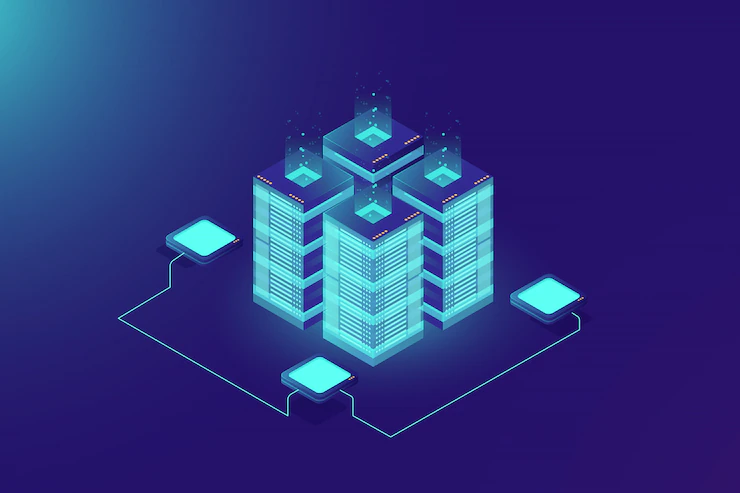Incredible Adoptions In The Banking Industry
07 November 2022
3 Mins Read

toc impalement
The banking industry has undergone significant changes in the past few years, from traditional to digital banking. These changes have contributed to the industry’s convenience, flexibility, and cost efficiency.
Understanding some of the most impactful changes in the industry will help ensure you choose the right bank for your savings and transactions.
The following are the top options you’ll likely witness in reputable banks.
Top 4 Incredible Adoptions In the Banking Industry
1. Enhanced Analytics
Comprehensive analytics has taken center stage in the banking industry, thanks to its role in boosting efficiency and cutting costs.
It requires different technologies and tools to collect, collate, process, and analyze raw data, ensuring top management makes informed decisions affecting the institution and its clientele.
Most banks rely on machine learning and artificial intelligence to collect and analyze consumer data. This analysis helps confirm the credit viability of loan applicants, minimizing the risk of bad debt in banks.
It also allows the management to understand consumer needs and preferences, personalizing financial products to meet their goals.

2. Blockchain Technologies
Rethinking the concept of money has become inevitable in the banking industry. This element has contributed to the emergence of blockchain technologies, a ledger of decentralized data that is securely shared.
You’ll rely on it to collect, analyze, integrate, and share various pieces of transactional data.
Blockchain is central to peer-to-peer lending, digital payments, and smart contracts, gradually eliminating intermediaries. Most of these services were initially reserved for banks. For this reason, banks have to deploy this technology to remain afloat and enjoy better profits in the long run.
Additionally, various cryptocurrencies have emerged. These digital currencies have been widely embraced for their security and enhanced transactional privacy. Adopting these currencies has resulted in new regulations, including PSD II and Open APIs.

3. Transactional Data Verification Is Inevitable
Banks have adopted the zero trust policy, meaning they must verify everything before finalizing transactions. You can attribute this to the increased risk of cyberattacks.
According to Brad Kern, investing in excellent cybersecurity systems is the only way to avoid data loss, phishing, and financial losses in the banking industry.
The concept of zero trust implies that no system can inherently be assumed to be safe for the institution. For this reason, banks must adopt robust cyber solutions, including cloud security and backup.
Experts must also validate access requests at the available data entry points. This approach ensures that only privy parties access sensitive information.

4. Digitization
Digitization facilitates the cognitive side of the banking business. This approach significantly lowers transactional charges and operating costs, ensuring businesses remain profitable.
At the same time, customers enjoy enhanced convenience and flexibility in the long run.
Further, migrating services to the cloud will significantly boost reliability and convenience in the industry. It guarantees enhanced data security, robust privacy policies, and convenient data access.
You are also confident of unrivaled flexibility and backup. However, banks must adopt the latest digitization strategies to guarantee consumer confidence.
Various predictions say that the banking industry will undergo significant changes in the next few years. Yet, technology will be central to these changes. The options above will likely give this industry a perfect headstart to these changes.

Additionals:


















Comments Are Closed For This Article